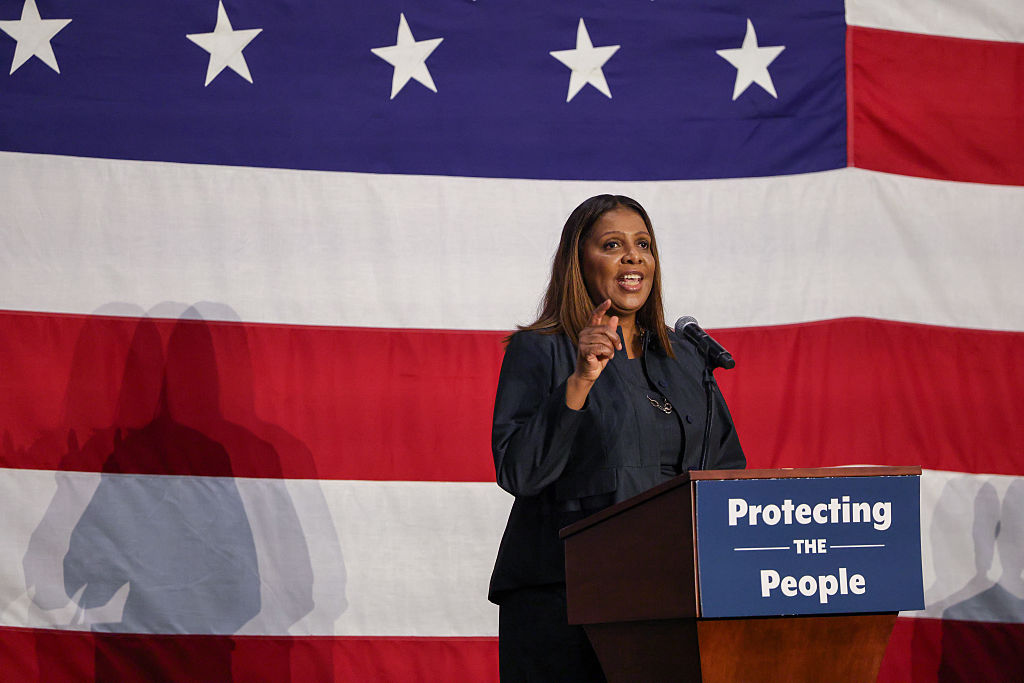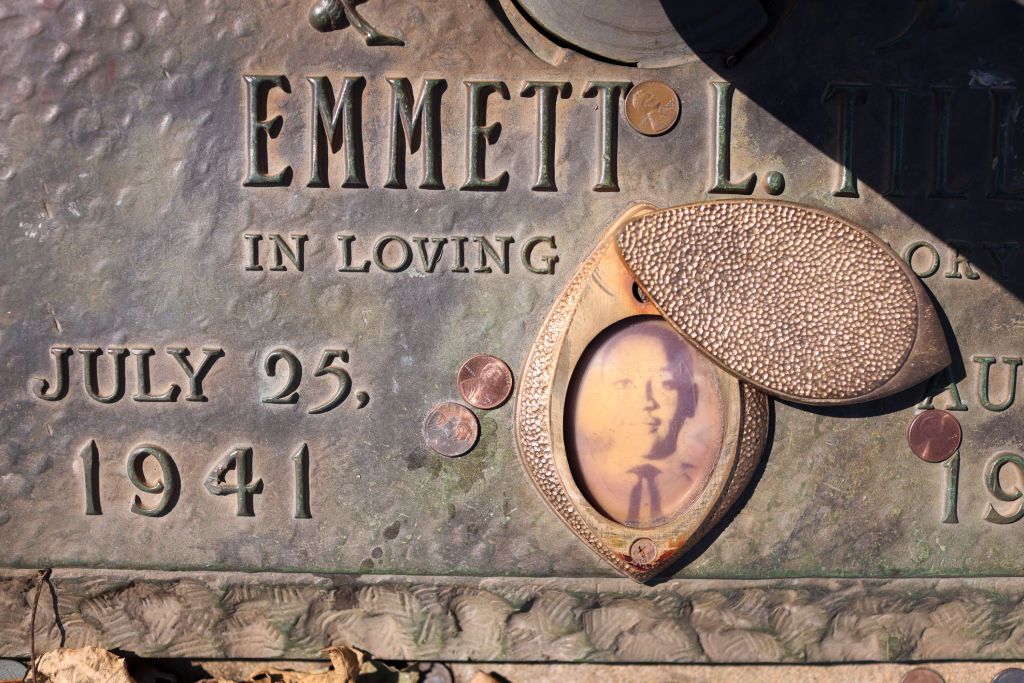Black Male Shortage in Medical Profession is ‘National Crisis’
Experts gathered this week in the District of Columbia to confront a peculiar national crisis marked by invisibility, according to Diverse Issues in Higher Education. The National Academies of Sciences, Engineering and Medicine organized the two-day workshop, titled “The Growing Absence of Black Men in Medicine and Science: An American Crisis,” which met to address the low enrollment of Black men at the nation’s medical schools.
Black male enrollment in medical schools has steadily decline since the 1970s. Faculty, university administrators, accreditors, and nonprofit representatives all met to “attack this issue from a number of different standpoints,” according to Dr. Cato T. Laurencin, a distinguished professor at the University of Connecticut. Laurencin chaired the planning committee for the workshop, and he co-authored a report about the declining numbers in Black male enrollment. “Hopefully we can come up with things that are brave and bold,” Laurencin said.
SEE ALSO: ‘Black Women In Medicine’; Documentary Shares A Universal Message Of Perseverance
The absence of Black male doctors also negatively impacts Black health outcomes, Diverse Issues reported. “We are not seeing many minorities getting the health services that they need and should have,” said Dr. Louis Sullivan, who formerly served as the U.S. Secretary of Health and Human Services and as President of Morehouse School of Medicine. “I often say that a good health outcome depends on someone who is certainly well grounded in the sciences but also understands and appreciates the culture and the language and is able to develop trust.”
The relationship between Black doctors and patients is also crucial for the mentorship that will generate interest in the medical profession for generations to come. Mentorship can inspire students to overcome obstacles associated with being minorities in the medical field, according to Dr. Roger Mitchell Jr., a panelist and the chief medical examiner for the District of Columbia. Dr. Mitchell’s grandfather was a physician and his chief mentor. Dr. Mitchell is encouraged by the high numbers of Black male graduates from high schools, and he encouraged conference participants to tap into that demographic. Other panelists suggested forming pipelines from high school to medical school, holding universities accountable for their low enrollment of Black males, and altering “the culture of science itself.”
SOURCE: Diverse issues In Higher Education
SEE ALSO:
Google Grants Non-Profit $1 Million To Expose Black Boys To Tech Careers
Consider Mentorship As Your Contribution To Education















